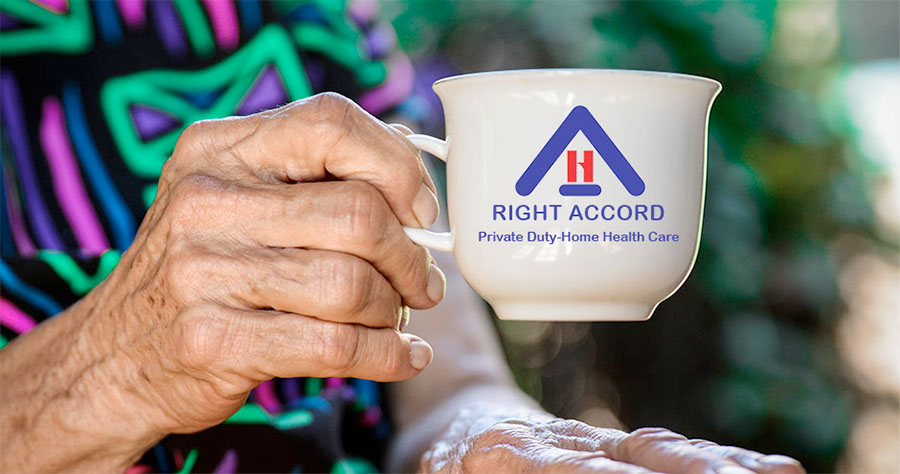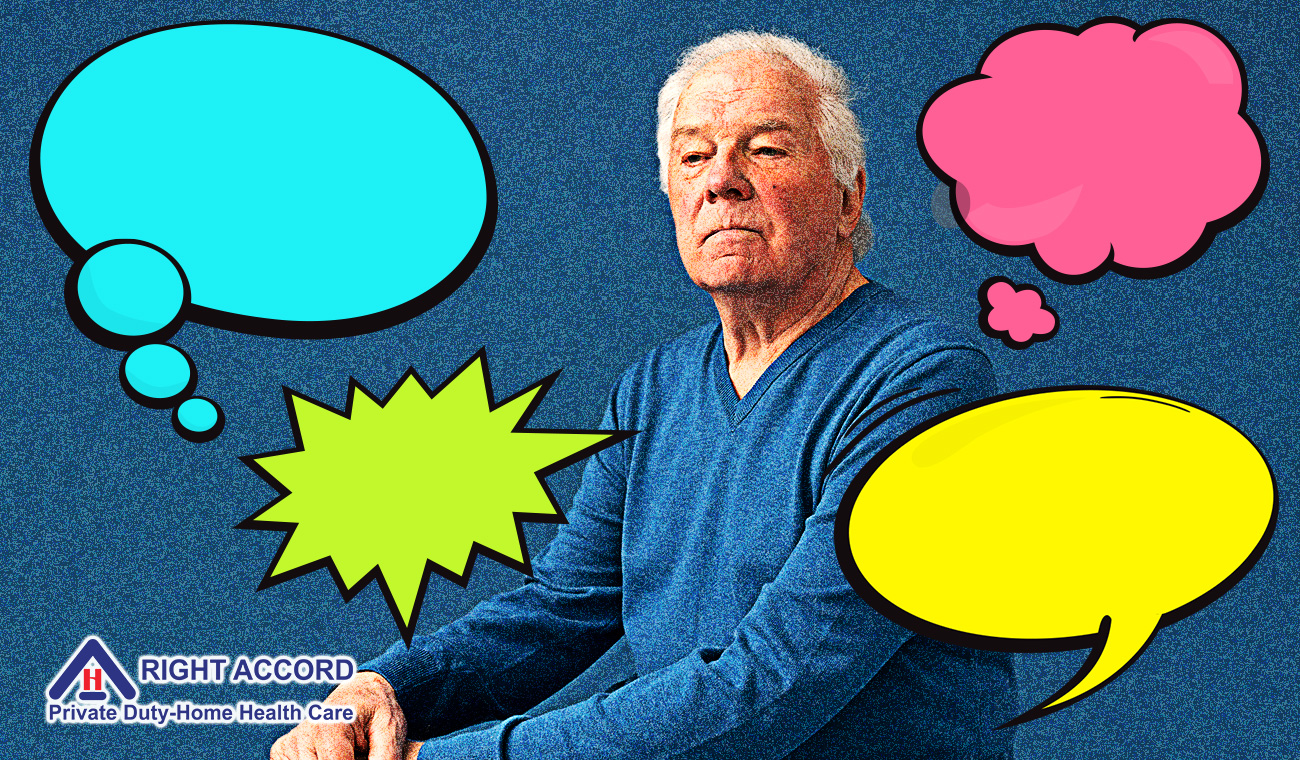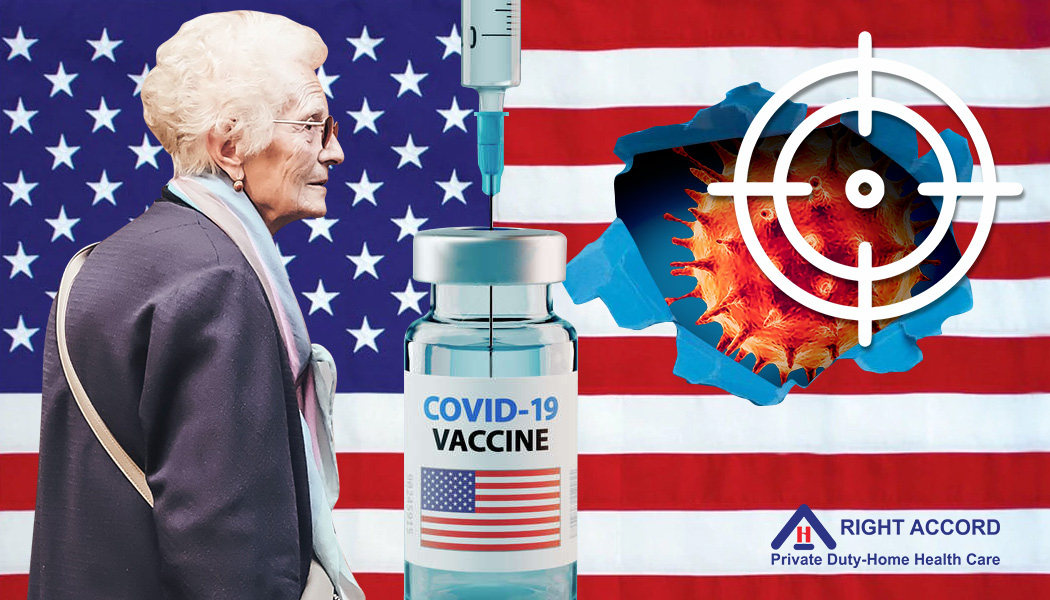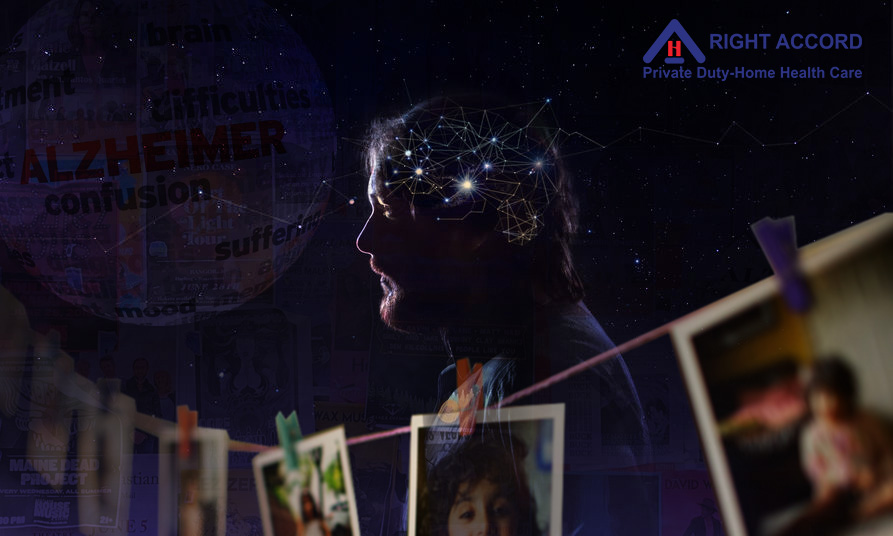· 5 min read
5 Golden Rules About Home Caring for Elderly in their Own Home
Here are 5 exemplary golden rules on home caring for elderly in their own home that will help you safeguard the health of an elderly under your care.
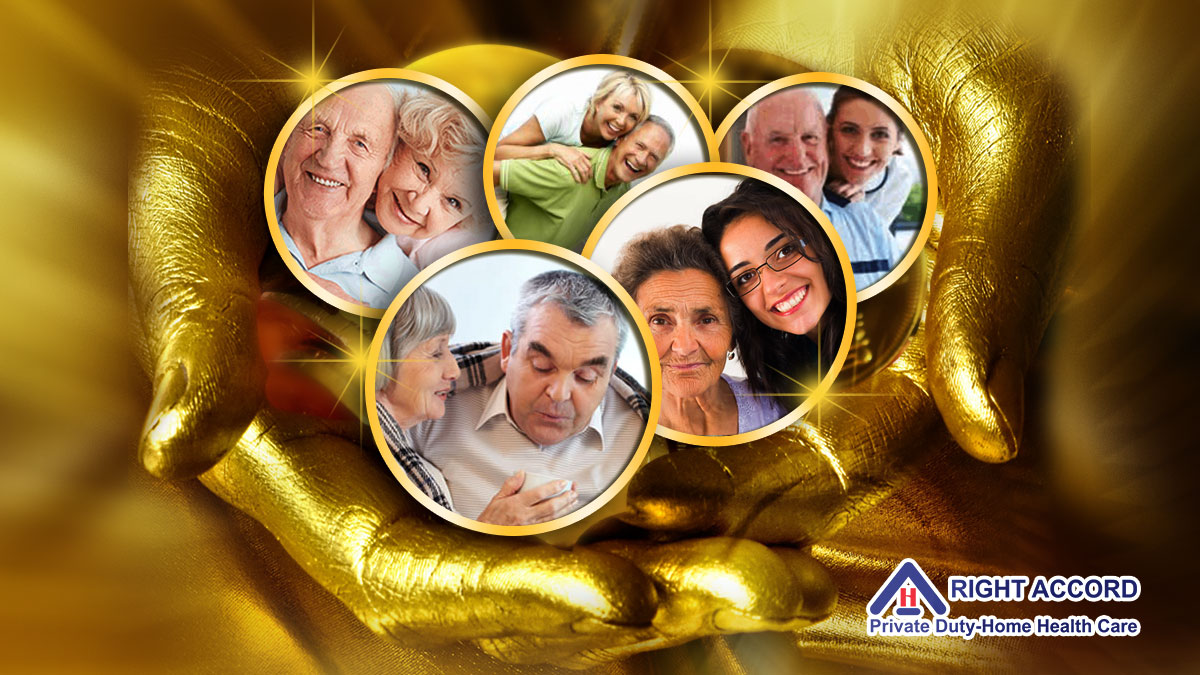
By: Rosemarie Tamunday Casanova — RN, BSN, MHA
Today, people in the community are often distracted by the global health and social issues that they tend to neglect the most important part of their life, their own health. Unfortunately these issues do not help them to cope with the realization of coming back to their normal life. It’s a sad truth to the challenging times of a world we live today. But there are some individuals who smartly handle the situation in terms of home caring elderly in their own home that we can be truly proud of.
If you care for an elderly people at home in any way, then obviously you are one of those people. Caring for a loved one can be very rewarding and significantly enhance your life’s purpose. However, your role can also be the source of a significant amount of worry and stress, especially if the person you care for is elderly and sick.
Oftentimes, there are many elements of life in the individual that you care for that we usually take for granted. Health is indeed one of them, and perhaps it is the most significant thing to consider at all. Here are some of the exemplary golden rules today that will help you safeguard the health of an elderly person under your care.
MAINTAIN PROPER DIET
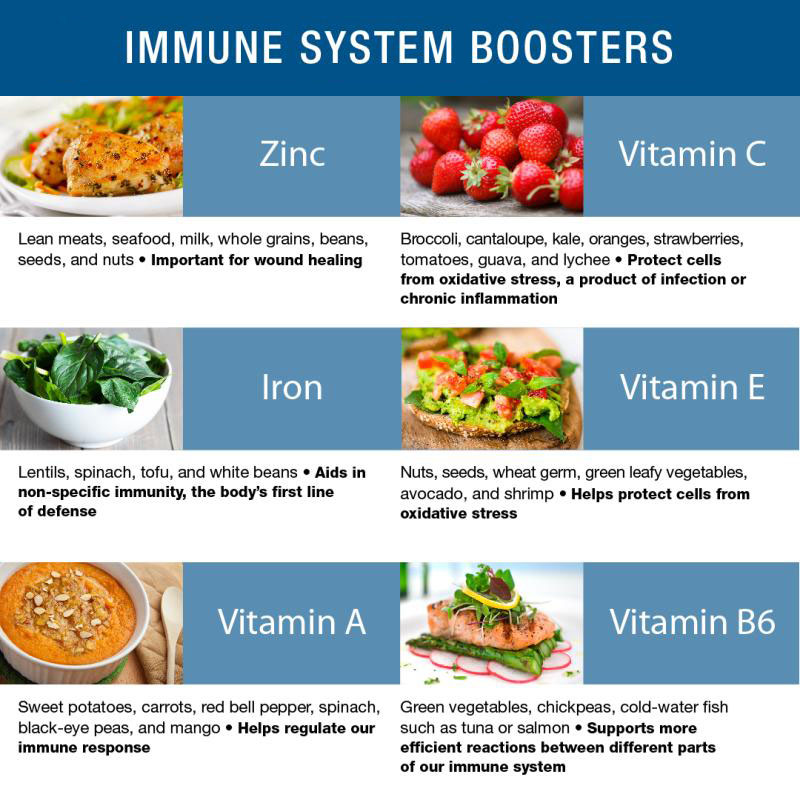
It is very significant that you make sure that elderly relatives are getting all of their nutritional requirements everyday. Since they can be extremely vulnerable and prone to sickness, a healthy diet on a daily basis is very important to ensure that they continue to be as healthy and strong as possible. Giving them a regular diet that is low in fat and salt, both these substances can affect their immunity and can slow down their recovery from any illness if consumed in large amounts.
Salt and fat are also absorbed into the blood that can make circulation very slow and can block the arteries. Prepare foods that are rich in vitamins and minerals like fresh fruit and vegetables. These foods provide essential nutrients and health benefits for tissue regeneration as well as plenty of fibre for a regular bowel movement.
OBSERVE PERSONAL HYGIENE
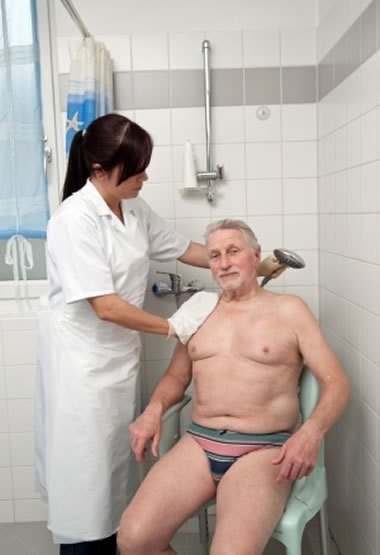
Personal hygiene is undoubtedly one of the most important aspects of every individual’s daily routine. In the morning you get up, shower, clean your teeth, and deodorise. In the evening you repeat the same process to make sure that you stay fresh all day long.
Being personally hygienic can make you feel great. However, what if an elderlies were unable to completely take care of themselves? What happens then when nobody would actually carry out that routine for them?
They might come in everyday feeling dirty and that would further induce depression and frustration in themselves. It is therefore necessary to develop a hygiene routine for the elderly so that you don’t miss something out.
If the senior in your care may be inspired to keep up their personal hygiene and can be trusted then you must continually permit them to administer their own care. Not only will this promote their independence, but also provides them a way of purpose. Even if they can only do one little thing for themselves then it is better than nothing!
KEEP A SOUND MENTAL STATE
It is extremely important to focus on the mental health of elderly individuals to get proper treatment for them. Some of the common mental illnesses that the elderly experience are depression, bipolar, and schizophrenia. These disorders present a great challenge to diagnose and be treated, especially for depression, which can complicate the treatment of a number of medical conditions including stroke, diabetes, heart disease, and more.
You should focus on making sure that your elderly loved one is happy and comfortable in his or her environment. You may have the control on most of her activities in everyday life, but creating a proper health routine can help to make it a rewarding experience for both of you. This may also help alleviate panic and stress in times of a difficult situation.
IMPROVE THEIR PHYSICAL BEING
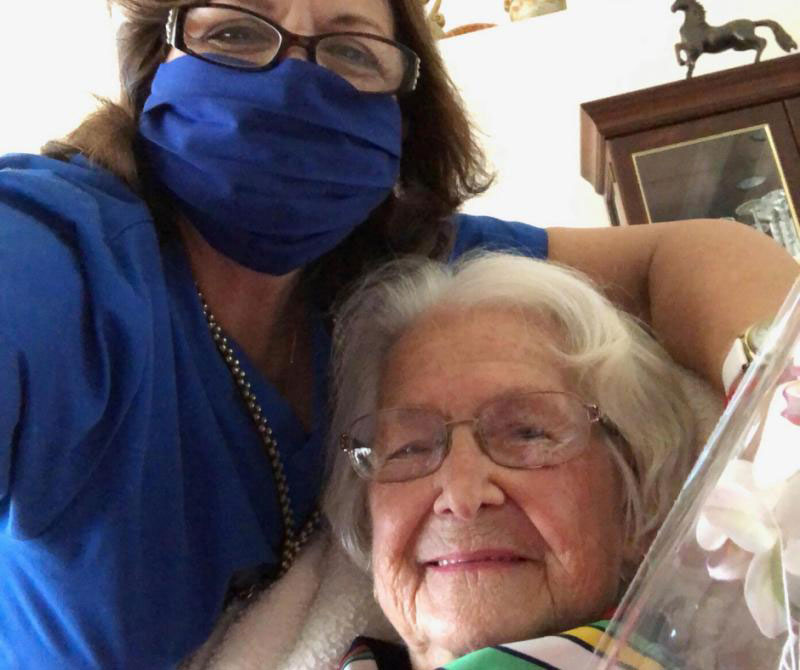
It is very important that you encourage the elderly person you care at home to get regular health checks to make sure that everything is functioning perfectly. You should check to see on a regular basis if there’s anything that pains her, any changes in health must be noted for proper treatment.
These regular diagnostics will eventually form part of a routine, which would make the elderly in a state of discomfort, but it would also lead to diagnose very quickly any illness or diseases that might occur in the future. This can also significantly improve the long-term health of an elderly loved one because you can prevent in advance any threat of serious illness that can occur to him or her in the future.
DO REGULAR EXERCISE

An elderly you care for at home may not be physically able to exercise on a daily basis, but getting twenty minutes of gentle exercise two or three times a week will make them definitely feel better than if they were to get no exercise at all. Going for shopping can be considered exercise if he or she is walking around the supermarket. Similar other form activities that get the individual out of the house, such as walking a dog or gardening, are also exercise and can improve health in the long term.
Doing these activities regularly will help stretch out joints and alleviate muscle pains or stiffness of the body. It will also improve general health because it gets the juices flowing!
